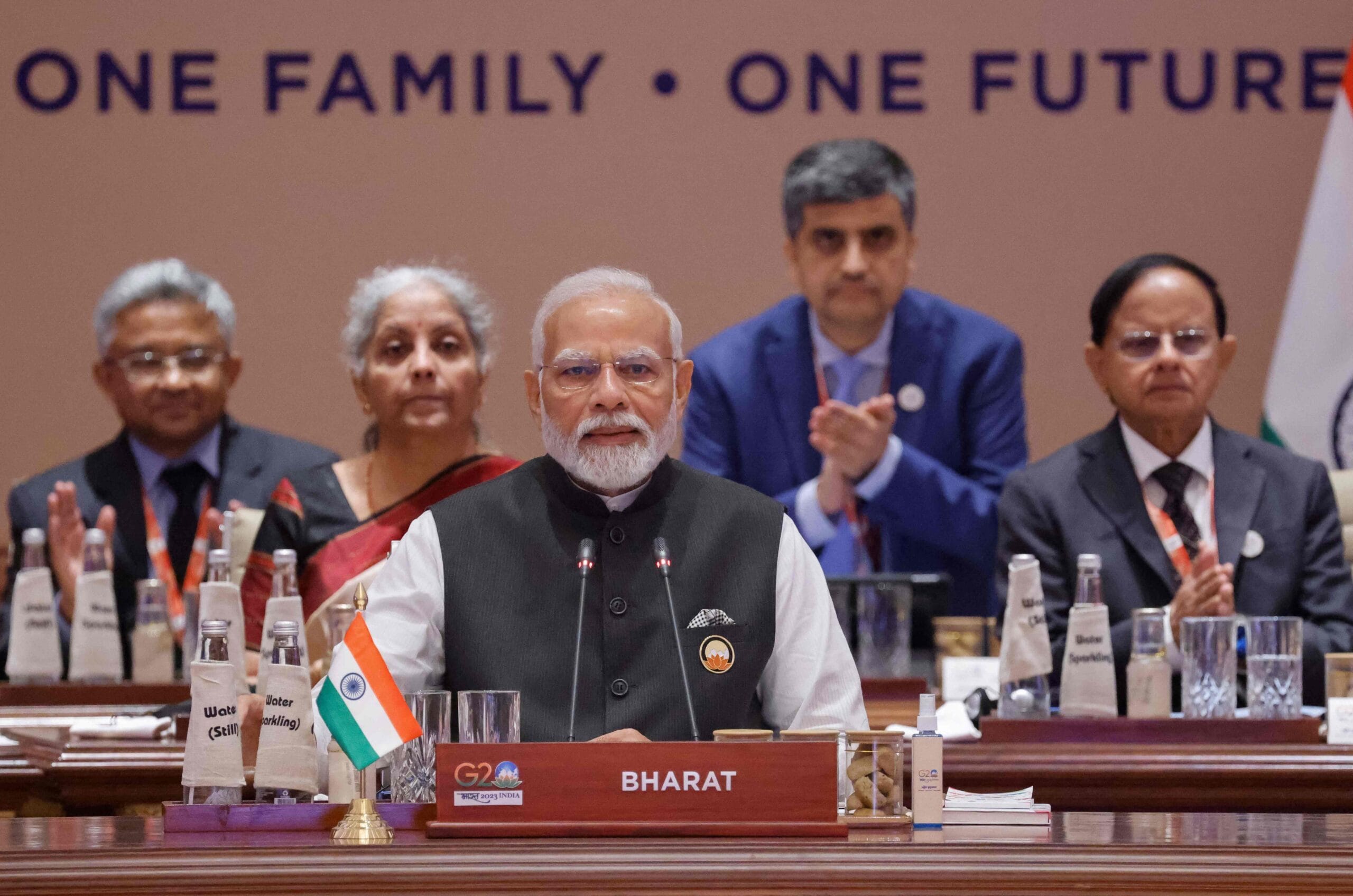The Ukrainian government has officially terminated the transit of Russian natural gas through its pipeline system, effectively cutting off a major supply route to Europe. The move was confirmed by both Ukrainian and European energy officials, marking a pivotal moment in the ongoing energy crisis and geopolitical tensions. This cessation impacts several European countries which relied, to varying degrees, on Russian gas delivered via Ukrainian pipelines. The implications of this decision are widespread, ranging from potential price hikes for consumers to a re-evaluation of energy strategies across the European Union.
The official reason given by Ukrainian authorities for this action relates directly to the ongoing conflict within their territory. The physical infrastructure of the pipeline network, previously vital for gas delivery, has become a casualty of military operations and, in part, due to deliberate actions on both sides of the conflict. In recent weeks, reports of damaged infrastructure have grown, suggesting the pipeline system was no longer safe or reliable for continuous operations. Furthermore, the Ukrainian government has voiced concerns about their energy sector being further exploited through gas transit, whilst Ukrainian infrastructure and land is being destroyed.
The effect of this decision will not be uniform across the European continent. Countries that relied heavily on Russian gas through Ukraine will feel the impact most acutely. These nations now face the immediate challenge of finding alternative supply sources. They will have to rapidly increase imports from other suppliers, explore domestic energy production, and potentially implement rationing measures. Other European nations, with more diversified energy portfolios, will experience less direct impact, though the overall market ramifications will be felt across the entire EU.
This development is expected to intensify the debate surrounding energy security and diversification within the European Union. For many years, Europe’s reliance on Russian gas has been a point of concern. Now, with a primary supply route severed, policymakers are facing significant pressure to secure stable and alternative energy sources, and to make these alternatives available to businesses and individual consumers. This situation may accelerate investments in renewable energy, including solar, wind, and hydrogen technology. At the same time, it may drive an increase in liquefied natural gas (LNG) imports from other countries such as the United States, Qatar, and Algeria. This shift in energy sourcing would alter the geopolitical landscape, affecting not only Europe but also the global energy market.
The long-term consequences of the transit halt remain uncertain. The stability of the European energy market will depend on factors such as the availability of alternative gas supplies, the pace of renewable energy deployment, and the duration of the conflict in Ukraine. There will likely be a push for long-term contractual agreements with other gas producing nations in order to create a stable flow of energy to the European market, and lessen any sudden shifts in energy prices. The situation has also renewed calls for greater cooperation among European nations and a more united approach to energy security. International organizations and energy agencies are now closely monitoring the situation, assessing the ongoing impact and advising governments on necessary actions.
The cessation of gas transit through Ukraine also comes at a time when global inflation and cost of living pressures are already challenging national economies. Higher energy prices could exacerbate these existing economic challenges, leading to potentially significant ramifications for households and businesses. Governments will face intense pressure to alleviate the burden, which might lead to financial interventions and other support measures. These measures would likely have an influence on national budgets, potentially requiring increased national debt. In the long term, this disruption could force businesses to adjust supply chains and production practices, and potentially change the geographical location of some of Europe’s manufacturing industries.
While the immediate focus will be on managing the immediate impacts of reduced gas supplies, the broader implications for international relations are undeniable. The cessation of Russian gas flow via Ukraine underscores the fragility of global energy networks and the potential for geopolitical events to disrupt established supply chains. The events will intensify pressure on diplomatic solutions to the ongoing conflict. Negotiations to restore gas flows, under these circumstances, will likely be complex and could be tied to broader agreements on the conflict. The disruption of gas supplies could also shift political alliances and accelerate efforts to reduce reliance on fossil fuels.
The end of Russian gas transit via Ukraine is not simply an energy issue, it is a complex challenge that has economic, political, and social ramifications. It requires a holistic approach that includes short-term mitigation strategies and long-term investments in sustainable energy sources. It calls for stronger international cooperation, innovative solutions, and a united determination to build a more secure and resilient future. The current crisis will likely reshape the global energy market and redefine European energy policy for the decades to come, with a significant long-term influence on the industrial and economic landscapes of Europe. This event also serves as a reminder of the vulnerability of energy systems in the face of geopolitical disruptions.



